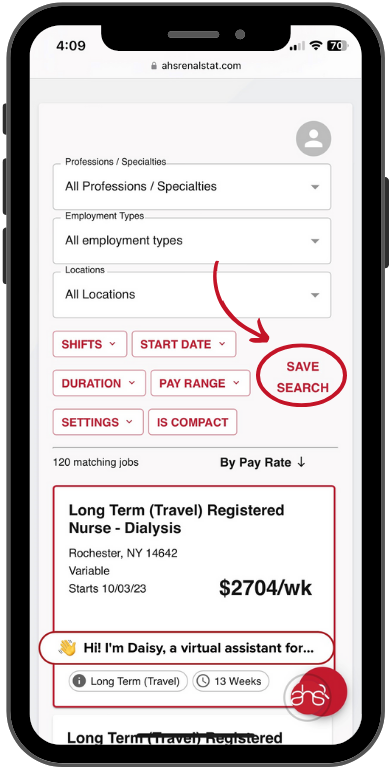Renal Business Today
By Ginger Pelz
“The world is a book, and those who do not travel read only one page,” said Augustine of Hippo. For many, travel provides an expanded world view and a great deal of joy.
For many hemodialysis patients, travel seems unthinkable. They feel tethered to their machines or their clinics, adjusting to the “new normal” that comes with kidney failure. They fear that their new normal cannot include family vacations to Disneyland, sun-soaked trips to the Caribbean or exploring the wonders outside their state, much less outside their country.
DaVita social worker Patty Steffes says it’s time for nephrologists and providers to help patients rethink that new normal.
Today’s hemodialysis patients have a wide variety of travel options, with locations all over the country and throughout the world where dialysis is possible. Steffes has seen the positive impact traveling can have on patients’ quality of life.
“When a patient comes back from a trip, they’re usually glowing, and they’re excited to share their adventures with the other patients,” Steffes said. “And that brings some nice life into the unit.”
Control, Choices and Freedom
For a patient, planning a trip can represent much more than a pleasant getaway or a chance to reconnect with friends and family. Making the choice to travel—and then making all of the choices involved in preparing—can help restore patients’ sense of normalcy and power over their own lives.
“With kidney disease, there is a huge sense of loss of control,” said Steffes. “And so anything you can do to empower the patient to have control and to make choices is going to be good for the patient.”
Today’s dialysis patients can, with the help of social workers and provider services, go on a cruise, travel to Europe, or visit one of the top destinations in the U.S. with relative ease.
According to MaryCatherine Graves, director of DaVita Guest Services, many of the top travel spots for dialysis patients have one thing in common–sunshine. Top U.S. travel spots include Las Vegas, Orlando, Myrtle Beach, San Antonio, Houston and New Orleans.
Graves’ team works to ensure patients can experience the joys of travel without worry about their care.
“We want dialysis patients to know that travel is still completely accessible to them,” said Graves. “We recognize that this is an important quality of life issue for our patients.”
Travel abroad takes greater effort to arrange, but is still possible. Some providers like DaVita have guest services staff trained in making international travel arrangements. Organizations like “Dialysis at Sea” even make dialysis available aboard cruise ships.
However, Graves notes that when vacationing and dialyzing in another country, patients should consider that health insurance may not cover their treatment costs. As a rule of thumb, Medicare covers only regular treatments within the U.S. and its territories.
According to the pamphlet “Medicare Coverage Outside the United States,” published by the Centers for Medicare & Medicaid Services (CMS): “Unless it’s an emergency in which you get dialysis at a hospital , Medicare doesn’t cover dialysis when you travel outside the U.S.”
There are some instances in which private insurance may cover foreign travel medical expenses. Patients with private insurance should call insurers directly and inquire about any foreign travel benefits.
Social workers and providers (e.g., the DaVita Guest Services Call Center) can help patients determine how much self-pay treatment will cost.
Patients on peritoneal dialysis (PD) can often have their PD supplies delivered to major cities in many parts of the world.


